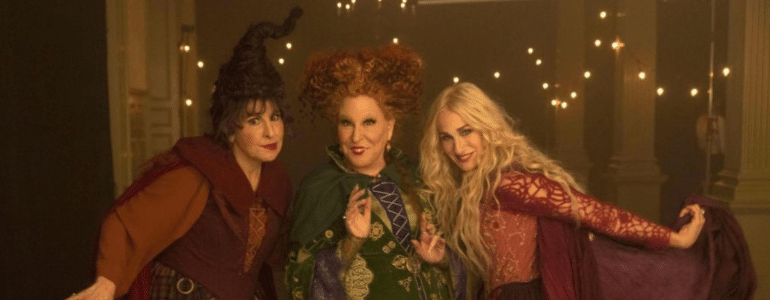What Pokémon GO has to do with the future of the theater.
Are you playing it?
Don’t worry, you’re not the only one.
One day after its release, the “augmented reality” app-based game was installed on more Android phones than Tinder. That’s right, believe it or not, the only thing better than hooking up or finding a life partner . . . is “scoring” points collecting little electronic bugs.
And now there are more Pokémon users than there are Twitter users in the US.
So what in the name of Pikachu is going on? And what does catching Meowths have to do with theater?
Well, I got news for you, playahs . . . it is theater.
I first wrote about video games and what I believe would be its influence on what we do back in 2011 (and I’m now developing this concept into a keynote that I’m delivering at an educational theater conference this fall).
The quick recap is this . . . see, I was a part of the first generation to grow up on video games. I was an early adopter of the home gaming system (because I was a semi-geek) and got my first Atari at age 11. But the generation after me? Well, they’ve had video games their entire life. They’ve grown up with a joystick in their hands. And, of course, one of those games that babysat them was Pokémon.
That means that my generation, and more importantly the one after me, has had a totally unique and different form of entertainment than our parents and our grandparents. And in this form of entertainment, the user controls the destiny of the hero. You pick your Pokémon character (you even get to dress him, name him . . . or he can even be a her), and you try to capture the princess, save the world . . . or accomplish whatever your objective (or “want” to use an acting term) may be.
My theory has always been that as this generation matures to the age of the traditional theatergoer (in their 40s . . . which is where I am, and the early adopters of Pokémon are a mere 10-20 years away) . . . and more importantly, as they become the theater creators, they’re going to demand and create entertainment that has a similar component . . . where they somehow control the destiny of the hero. Because that’s what they’ve grown up doing . . . unlike any generation before them.
While there will always be room for the classics, do you really think an audience 20-30 years from now is going to want to sit down in a theater, behind some imaginary fourth wall, and watch Willy Loman decide if he wants to live or die? By then they’ll have seen 10 Broadway revivals anyway (especially if we keep bringing these classics back with a new star as often as we are).
Maybe they will. From time to time. But that’s not going to the bulk of what they want to experience.
They’re going to want to get into their entertainment. They’re going to want to hold the controller of their story. They’re going to want it to be all around them. (And don’t even get me started on what the generation after them, who will grow up on things like Oculus, will want from their theater.) We’re already seeing this in fits and starts. In just a couple of weeks, I’m going to see a show at The, super hip, House Theatre of Chicago called The Last Defender which is billed as “A Live Action Game That Makes You The Hero.” And this is just the beginning.
What does this have to do with Pokémon?
For the first time in a major way . . . the video game is more than just a user and a console. Now, the user has to get out. The world is the stage. And there are other audience members around you . . . sometimes playing with you. It’s a live theatrical experience that just happens to have a technical component.
And you know what’s the most interesting part? The Producers of this show aren’t paying any theater rent.
Pokémon isn’t what the theater will be in 20 years. But it’s a sign that something new is coming.
Oh, and just in case you were wondering, my Pokémon name is BwayMon.
(Got a comment? I love ‘em, so comment below! Email Subscribers, click here then scroll down to say what’s on your mind!)
– – – – –
Podcasting
Ken created one of the first Broadway podcasts, recording over 250 episodes over 7 years. It features interviews with A-listers in the theater about how they “made it”, including 2 Pulitzer Prize Winners, 7 Academy Award Winners and 76 Tony Award winners. Notable guests include Pasek & Paul, Kenny Leon, Lynn Ahrens and more.













